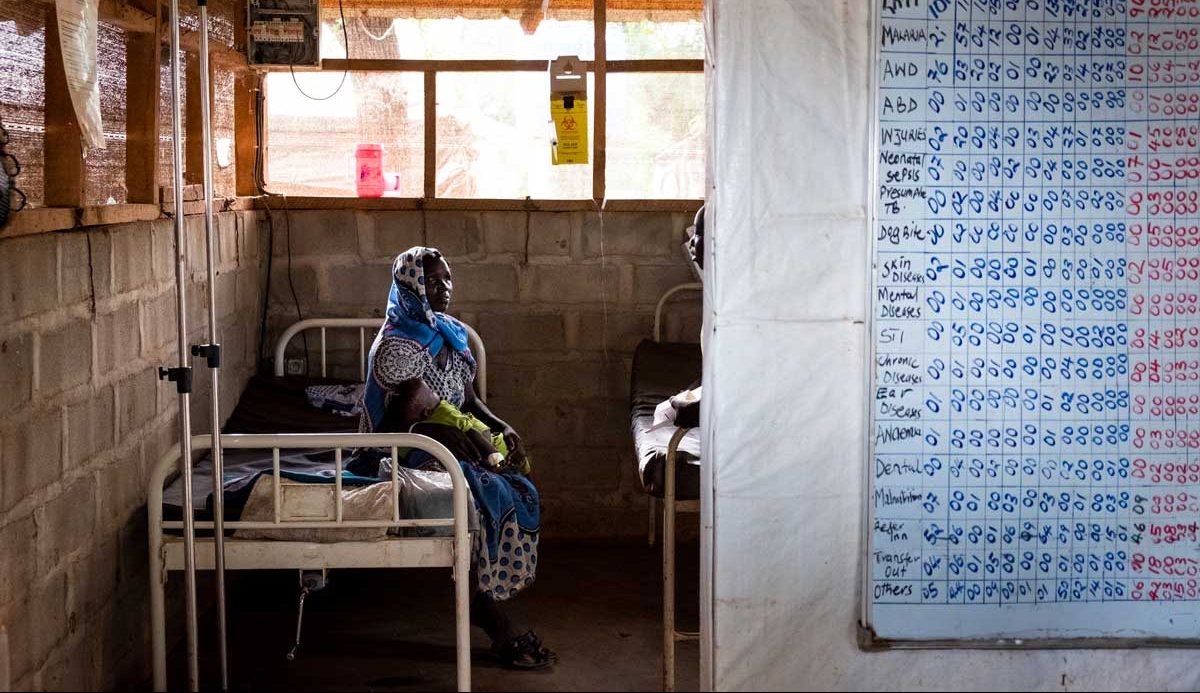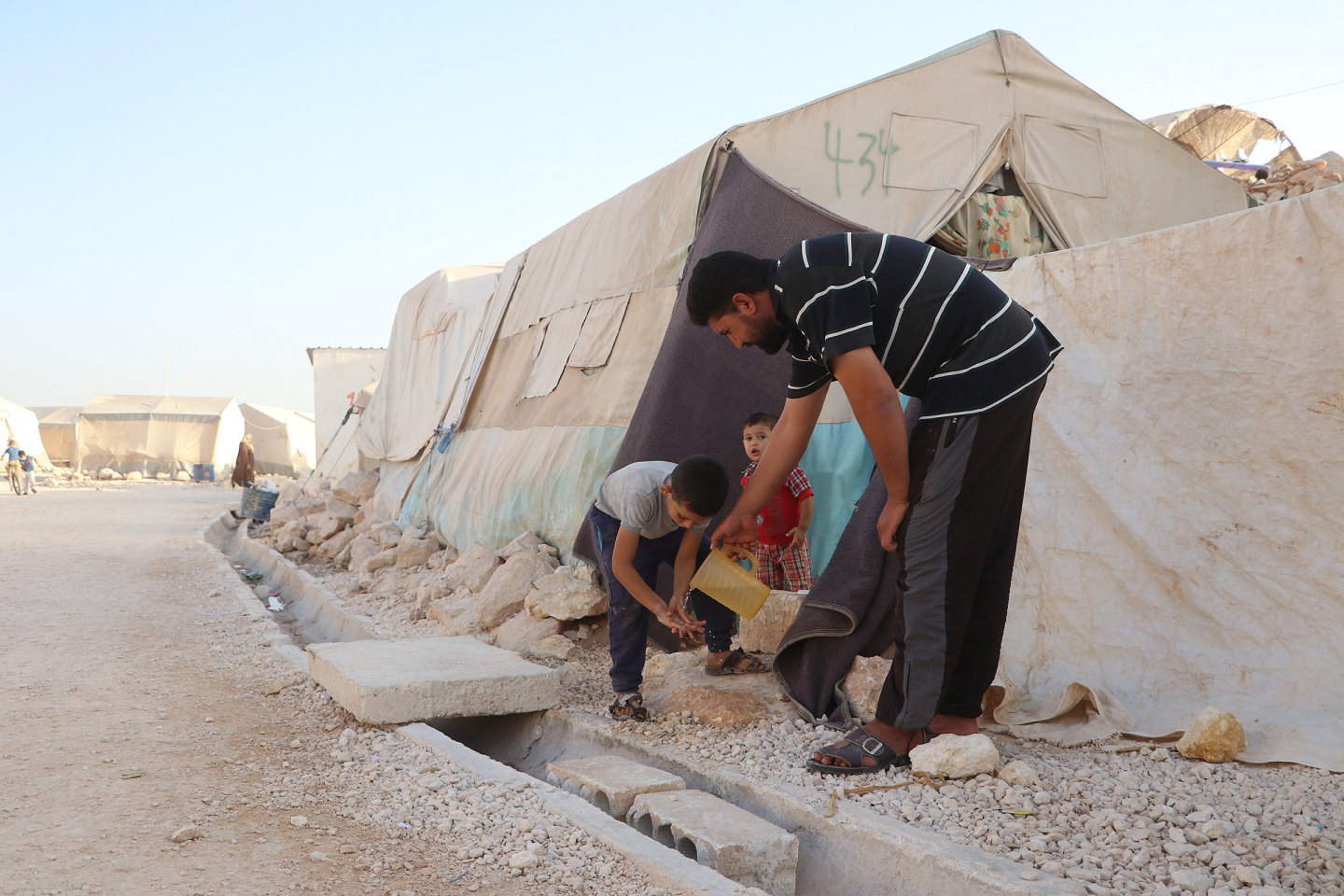1) Cholera is deadly
Cholera is an acute diarrheal infection caused by ingesting food or water contaminated with the bacterium Vibrio cholerae. Cholera causes severe acute watery diarrhea leading to rapid dehydration, and people suffering from the illness can lose up to 25 liters of fluid per day through vomiting and diarrhea.
Cholera can be fatal if not treated quickly which makes rapid response to curb the spread absolutely essential.
In Syria, at least 81 people have died since the outbreak began in September 2022, while in Lebanon 16 people have died after contracting the illness.
2) Conflict in Syria has fueled the outbreak
Outbreaks of cholera usually occur in (densely) populated communities where water and sanitation infrastructure have been worn down or damaged as a result of natural disasters, conflict or lack of resources.
11 years into the Syrian conflict, almost 7 million people remain internally displaced, with more than 2 million still living in last-resort sites and camps. In the majority of these camps people live in substandard conditions, with very limited access to basic water and sanitation services.
Moreover, most of the country’s water and sanitation infrastructure is either damaged or neglected; a damaging consequence of the long running conflict. The UN has reported that more than two-thirds of water treatment plants, half of all pumping stations and one-third of water towers in Syria have been damaged.
To survive, people in camps mostly rely on trucked water, while people in (hosting) communities depend on purchasing water pumped from untreated water sources, creating further risks of contamination.
These circumstances have fueled the cholera outbreak in Syria, which has then spread to Lebanon.
3) Cholera is preventable with good hygiene
Cholera is preventable if a community has consistent access to safe water and adequate sanitation systems.
In places where access to safe water is limited, water management and hygiene messaging are essential so that people know how to curb the spread of waterborne diseases.
Treating water with chlorine or boiling it before use, thoroughly cooking food, washing your hands with soap and water, and avoiding contamination of water sources can all help prevent disease outbreaks.
4) RI is responding to the outbreak in both Syria and Lebanon
RI has mobilized its teams in both Syria and Lebanon to combat the spread of the cholera outbreak.
In Syria, we have established oral rehydration posts in existing health facilities to treat people with milder symptoms, and are putting in place cholera treatment centers in the areas most affected by the disease.
In Lebanon, we are mobilizing cholera rapid response teams and a network of local health workers in order to prevent transmission and help treat diagnosed cases.
In both countries, we have sent out trained volunteers and community health workers to raise awareness about the illness and the need for good hygiene practices; focusing on how to detect the early signs of cholera, how to prevent its spread, and where people can find treatment in their communities. We also continue to work closely with partner organizations to conduct contact tracing to try to manage the spread of the outbreak.
This article covers humanitarian aid activities implemented with the financial assistance of the European Union. The views expressed herein should not be taken, in any way, to reflect the official opinion of the European Union, and the European Commission is not responsible for any use that may be made of the information it contains.

Donate to Relief International
Families across the globe are facing crisis. RI is supporting them every step of the way.
Donate now to help us do it!
